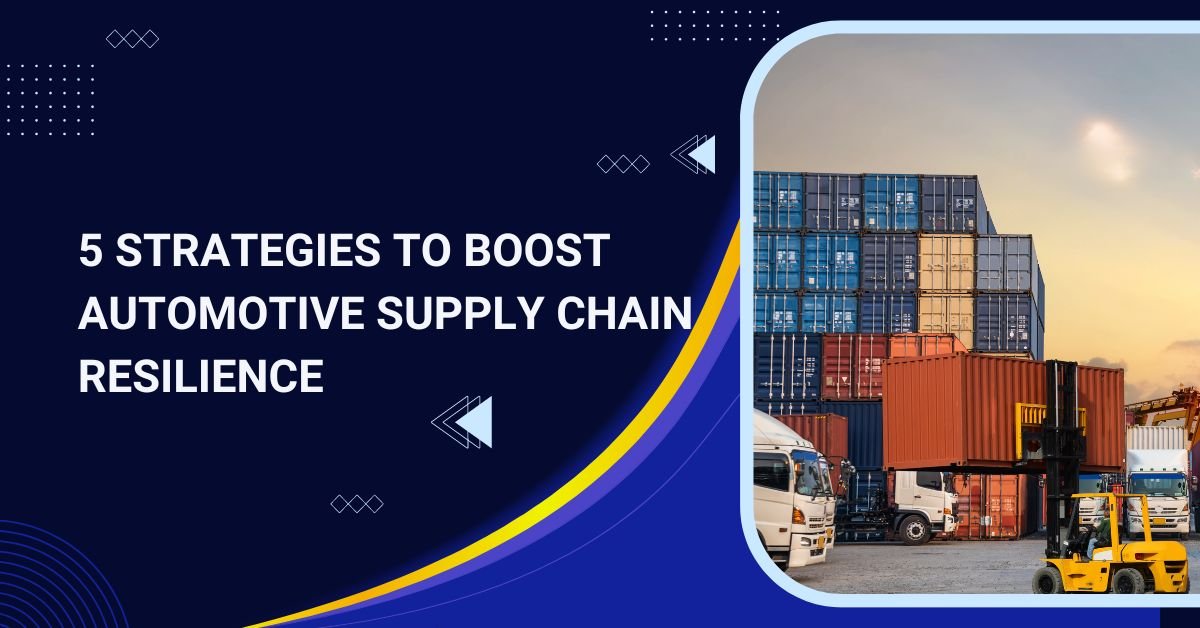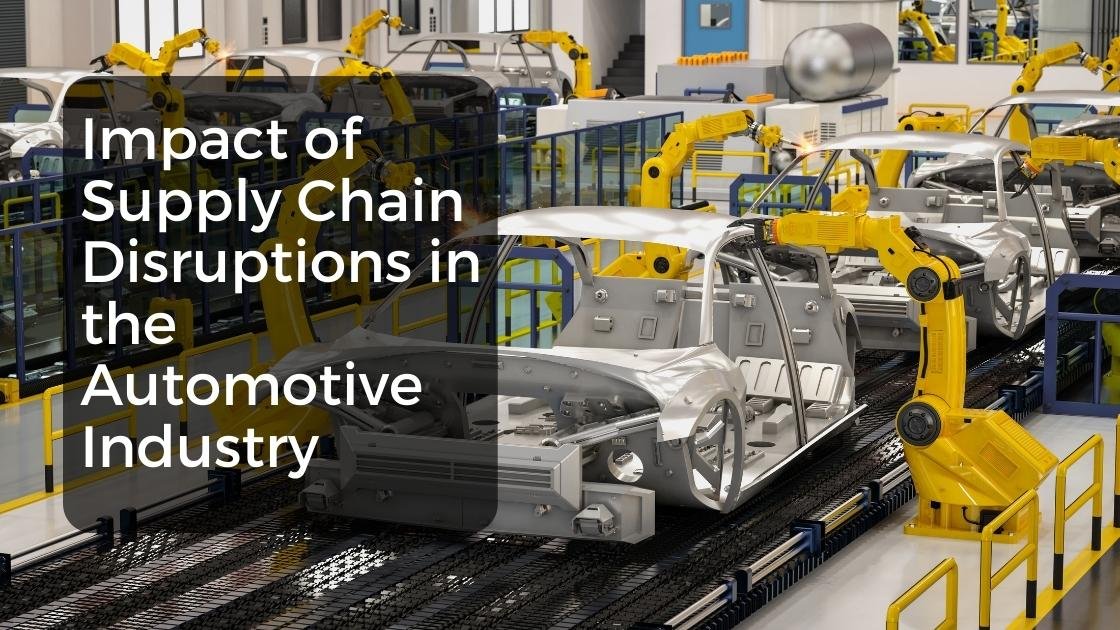
Resilient supply chains are vital for the automotive industry, ensuring that vehicle production continues smoothly despite unforeseen challenges like parts shortages or global disruptions. These supply chains enable manufacturers to quickly adapt, reducing downtime and costs while maintaining market reputation. Efficient and flexible supply chains not only meet customer demands on time but also safeguard the industry against potential setbacks, effectively acting as a crucial safety net for the continuous operation of automotive manufacturing processes.
Importance of Resilient Supply Chains in the Automotive Sector
The automotive supply chain is crucial for the seamless production and delivery of vehicles. It coordinates the flow of parts and materials from global suppliers to assembly lines, ensuring efficiency and cost-effectiveness. A well-managed supply chain supports rapid production adjustments in response to market demands and technological changes, significantly impacting a company’s competitiveness and customer satisfaction. In essence, the automotive supply chain is the backbone that supports the industry’s dynamic needs and drives its success.
Common Challenges In Automotive Supply Chains
Globalization and Fragmentation
The automotive supply chain spans across multiple countries, leading to complexities in coordination and management. With suppliers, manufacturers, and distributors located worldwide, ensuring seamless communication and collaboration becomes challenging.
Just-In-Time Inventory Management
While JIT inventory management reduces storage costs and streamlines operations, it leaves little room for error. Any disruptions in the supply chain, such as delays in component deliveries or sudden demand fluctuations, can lead to production halts and significant losses.
Dependency on Single Sources
Reliance on a single supplier for critical components can pose a significant risk to the automotive supply chain. Any issues, such as production delays, quality issues, or geopolitical tensions affecting that supplier, can ripple through the entire supply chain, causing disruptions and bottlenecks.
Complexity of Product Variants
The automotive industry offers a wide range of vehicle models, each with numerous customizable features and options. Managing the supply chain for such diverse product variants adds complexity, requiring precise forecasting, inventory management, and production planning to meet customer demands efficiently.
Technological Disruptions
Rapid advancements in technology, such as electric vehicles, autonomous driving systems, and digitalization, are transforming the automotive industry. Adapting supply chains to integrate new technologies while ensuring compatibility with existing infrastructure presents challenges in terms of investment, skill development, and risk management.
Here are 5 Strategies Boost Automotive Supply Chain Resilience:
Diversify the Supplier Base
Diversifying your supplier base is a fundamental strategy to mitigate risks associated with relying on a limited number of suppliers. By sourcing materials and components from a broader range of suppliers, including those from different geographic regions, you can protect your production line from regional disruptions, labor strikes, or supplier-specific financial difficulties. Diversification also encourages competitive pricing and enhances innovation through exposure to diverse supplier capabilities.
Invest in Advanced Technologies
Technological advancements such as artificial intelligence (AI), the Internet of Things (IoT), and blockchain can dramatically enhance supply chain resilience. These technologies provide real-time tracking, predictive analytics for anticipating disruptions, and better inventory management. For instance, IoT devices can monitor the condition and location of goods throughout the supply chain, while AI can optimize routing and distribution strategies based on predictive models.
Develop Strong Relationships with Key Suppliers
Building robust relationships with suppliers goes beyond transactional interactions. Engaging in partnerships where there is mutual trust and open communication can lead to better collaboration, especially in times of crisis. Regularly scheduled meetings, joint planning sessions, and collaborative problem-solving can help both parties understand each other’s capabilities and constraints, leading to a more responsive and flexible supply chain.
Implement Flexible Manufacturing Practices
Adopting flexible manufacturing practices allows an automotive company to adapt more readily to changes in demand and supply conditions. This can include investing in versatile manufacturing equipment, training workers to perform multiple roles, and designing products with interchangeable parts. Such flexibility can decrease downtime and allow for quicker switches in production lines to different models or products in response to supply chain challenges.
Establish a Proactive Risk Management Plan
A proactive approach to risk management involves identifying potential risks before they cause disruptions. By conducting regular risk assessments, you can map out scenarios and establish contingency plans for various unforeseen events. This includes maintaining safety stocks of critical components, having alternative logistics options, and even developing a financial reserve to handle emergencies. Regularly updating and testing these plans ensures they remain effective and can significantly enhance supply chain resilience.
In conclusion, safeguarding against supply chain disruptions in the automotive industry is imperative for sustaining seamless operations amidst evolving challenges. By embracing strategies like supplier diversification, technological integration, and proactive risk management, companies can fortify their supply chains against unforeseen disruptions. Building strong partnerships, investing in flexibility, and prioritizing innovation further enhance adaptability and responsiveness. Through these concerted efforts, the automotive industry can navigate uncertainties with confidence, ensuring continuous production and customer satisfaction.


